Spinoza declares in the first part of his Ethics that God, conceived as the one and only substance, is absolutely infinite, eternal, indivisible, unchangeable, perfect, and that he exists necessarily; in addition, everything that God produces is produced in a necessary way so that nothing could have been produced differently; the only logical modality is that of necessity and there is no room for potentiality. Spinoza’s God thus appears as the very picture of what Hegel called “rigid and unworkable,” and what Deleuze understood as “pure affirmation.” However, a long tradition of reading of Spinoza addresses the points where Spinoza’s substance nevertheless exhibits some elasticity; these concepts include: causa sui, perseverance in being as the essence of being, the relationship between naturing nature and natured nature, but also the question of teleology – which is perhaps the most surprising case, given that Spinoza explicitly and forcefully rejected it. In this talk, we will take this interpretive tradition to the extreme and argue that it must, in the ultimate analysis, and against the grain of explicit text, argue for a kind of negativity persisting throughout the philosophy of Spinoza. Everything depends on how exactly to understand this negativity: is it the same kind of negativity that defines Hegelian dialectics, or is it a negativity of its own kind?
—
Gregor Moder is an assistant professor of philosophy and teaches “What is Enlightenment?” and “Philosophy of Art” at the University of Ljubljana, Slovenia. He is a member of the editorial board of Problemi, the foremost Slovenian journal for philosophy, psychoanalysis and culture, as well as the book series editor at Maska publishing house. Moder is the author of Comic Love: Shakespeare, Hegel, Lacan (2015, in Slovenian) and recently of Hegel and Spinoza: Substance and Negativity (Northwestern UP, 2017). Forthcoming in 2018 is a collection co-edited with Jamila Mascat on The Object of Comedy (Palgrave Macmillan).


